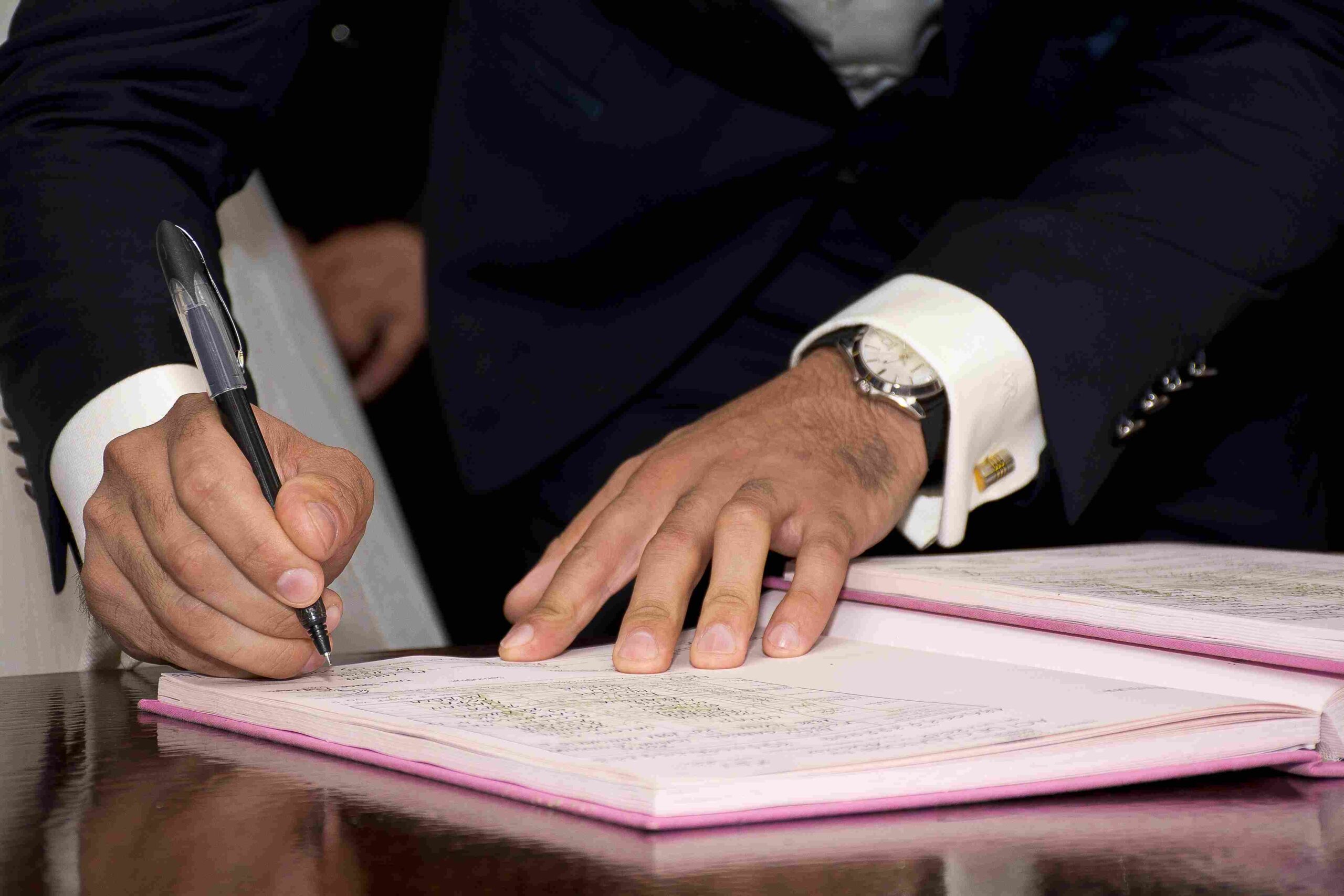
Getting Married
Court Marriage
A court marriage/Courthouse Marriage is like a legal love story, where two hearts sign a lifelong contract of love and companionship
Court Marriage Process
Submission of Notice: The couple submits a notice of their intention to marry to the Marriage Registrar, providing personal details such as names, addresses, dates of birth, and occupation. This notice is filed in the district where at least one of them has resided for a minimum of 30 days before the notice date.
Objection Period: A notice period, typically 30 days, is provided during which objections to the marriage can be raised. Objections may include legal impediments like existing marriages, prohibited relationships, or other valid concerns.
Review of Objections: The Marriage Registrar examines any objections raised to determine their validity and relevance. This ensures that the marriage complies with legal requirements and protects the rights of all parties involved.
Marriage Registration: If no objections are raised or if objections are resolved, the couple appears before the Marriage Registrar with two witnesses to solemnize the marriage. The Registrar performs the necessary legal formalities, and upon completion, issues a Marriage Certificate.
Certificate Issuance: The Marriage Certificate is typically issued within 30 days from the date of the notice. It serves as official documentation and proof of the marriage’s legality and recognition.
Court Marriage
One day Marriage
Instant Marriage
Marriage Certificate
We will contact
Get a call back
Marriage certificates in India: Issuing Authority: Marriage certificates are typically issued by the Registrar of Marriages or the Marriage Officer appointed by the government. This can vary depending on the location, as different states may have slightly different procedures.

- Established as a regular program in 2015, it offers financial incentives to couples who opt for inter-caste marriages.
Objectives:
- Foster social integration and equality among all citizens.
- Recognize and support the courageous decision to marry across caste lines.
- Provide financial aid to inter-caste couples to assist them in settling into married life.
Eligibility:
- One spouse must belong to a Scheduled Caste (SC), while the other belongs to a Non-Scheduled Caste (Non-SC).
- The marriage should be legally valid and registered under the Hindu Marriage Act, 1955.
- Both spouses must be Indian domiciles.
Incentives:
- Each inter-caste marriage is rewarded with an incentive of Rs. 2.5 lakh.
- 50% of the incentive is disbursed as a demand draft (DD) in the joint names of the couple, while the remaining 50% is given after five years of successful marriage.
Application Process:
- Obtain the application form from the District Magistrate’s office or the Ministry of Social Justice and Empowerment website.
- Submit the completed form along with required documents to the District Magistrate.
Required Documents:
- Marriage certificate
- Domicile certificates of both spouses
- Caste certificate of the SC spouse
- Affidavits from both spouses confirming no prohibited degrees of relationship.
From court marriage to legal services, our law firm is here to guide you every step of the way. Your journey to matrimony and beyond is our priority.

Court Marriage Under the Special Marriage Act
Where love meets legality, court marriage paves the way.

Marriagesolution.in

Court Marriage

